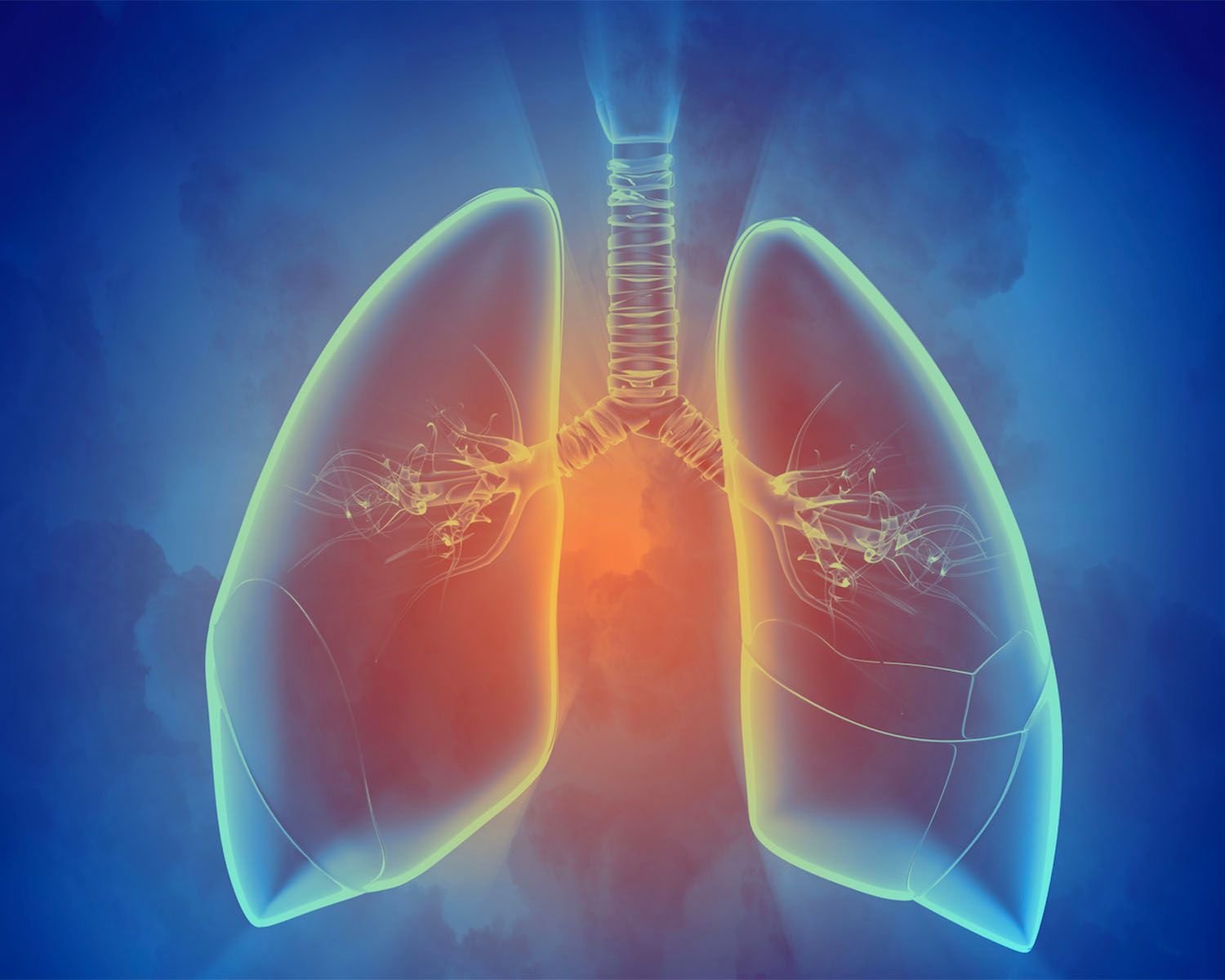I/O Agent Demonstrates Lasting Clinical Benefit With or Without Pembrolizumab in Frontline NSCLC
"...These results leave us increasingly confident that ADXS-503 has the potential to restore or enhance sensitivity to checkpoint inhibitors..."

Frontline treatment with the immunotherapeutic agent ADXS-503 alone or in combination with pembrolizumab (Keytruda), an anti-PD-1 therapy, sustained clinical benefit after 16 weeks in patients with non–small cell lung cancer (NSCLC), according to results from a phase I/II study announced by Advaxis, Inc.
“With these promising clinical, safety, and immunogenicity data, we have decided to expand Part B of the study, which will continue evaluating patients that have progressed on Keytruda as their last prior therapy. In addition, we will start Part C of the trial to evaluate ADXS-503 with Keytruda combination therapy as a first-line treatment for NSCLC patients that cannot tolerate the standard of care regimen with Keytruda in combination with chemotherapy,” said Andre Gutierrez, MD, PhD, chief medical officer, Advaxis, in a statement.
In 2 evaluable patients who previously progressed on pembrolizumab and had a best response of stable disease (SD) with the agent, the addition of ADXS-503 led to 1 partial response and 1 case of SD with a 25% reduction in a target lesion per radiographic scans obtained at the 16-week mark.
A preliminary biomarker analysis was conducted with 7 patients who received ADXS-503 monotherapy. In all 7 patients, cytotoxic and memory CD8+ and CD4+ T cells were activated, and CD8+ T cells were generated. In 5 of the patients, antigen spreading was observed. The first segment of the 2-part analysis is now complete and showed SD in 50% of the evaluable patients.
Patients with NSCLC in the study appeared to tolerate ADXS-503 well, and the drug was considered safe for treatment of this patient population without dose-limiting toxicities at both dose levels assessed.
The study of ADXS-503 with or without pembrolizumab in NSCLC aims to determine the maximum tolerated dose of ADXS-503 in 50 patients. The study is being conducted across 5 sites in the United States. There are 3 parts to the trial which include the dose-finding phase (Part A), the dose-escalation phase (Part B), and the efficacy phase (Part C).
In Part A and B, the primary end point is the safety and tolerability of ADXS-503. The primary end point for Part C is preliminary activity. The secondary end points include preliminary anti-tumor activity, progression-free survival, overall survival, and safety/tolerability.
The dose levels of ADXS-503 administered to patients are 1 X108 and 5 X108 CFU in Part A and 1 X108 CFU in Part B. Pembrolizumab is given at a dose of 200 mg. Both study therapies are administered intravenously, every 3 weeks until disease progression, unacceptable toxicity, or another reason that meets the criterion for treatment discontinuation.
Advaxis is exploring the use of frontline ADXS-503 alone or in combination with pembrolizumab as a part of the ADXS-HOT program, in which off-the-shelf- therapies are given to patients with a specific malignancy, bypassing the need for biomarker testing, DNA sequencing, or diagnostic testing.
“We are thrilled to see sustained clinical benefit with ADXS-503 in combination with Keytruda in these first two evaluable patients who had recently progressed on Keytruda said Ken Berlin, chief executive officer, Advaxis, in a press release. “Importantly these responses were achieved in patients with prior best responses that were limited to stable disease during their two years on this checkpoint inhibitor. Taken together, these results leave us increasingly confident that ADXS-503 has the potential to restore or enhance sensitivity to checkpoint inhibitors. In addition, we believe our recent biomarker data, which shows the robust and specific activation of an immune response to ADXS-503 antigens, provides important understanding and validation of the mechanism of action of ADXS-503.”
Reference:
Advaxis announces updated positive clinical and biomarker data from ongoing phase 1/2 adxs-503 trial in nsclc [news release]. Princeton, NJ: Advaxis, Inc; May 14, 2020. https://bit.ly/2Zf4rxp. Accessed May 14, 2020.